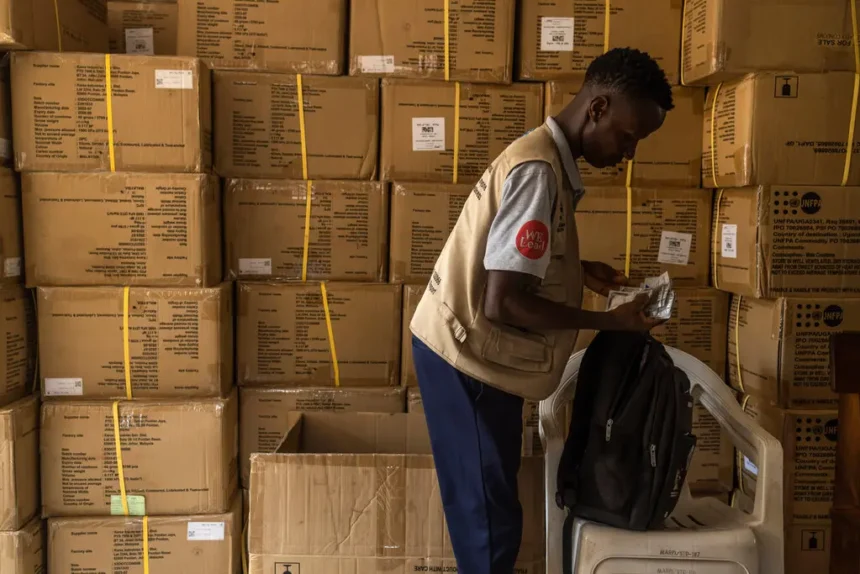As the sun rises over the lush landscapes of Uganda, the beauty of its natural resources is overshadowed by a pressing crisis. Uganda, often celebrated for its biodiversity and vibrant culture, is grappling with the stark reality of shrinking resources. From deforestation to water scarcity, the impacts of resource depletion are becoming increasingly evident, threatening the very fabric of Ugandan society and its economic future.
Deforestation and Its Consequences
Uganda has one of the highest rates of deforestation in the world, with the forest cover decreasing from 24% in 1990 to around 9% in 2020, according to the Uganda National Forestry Authority. This alarming trend is predominantly driven by agricultural expansion, illegal logging, and infrastructural development. The loss of forests not only devastates biodiversity, endangering species unique to the region, but also exacerbates climate change effects, leading to unpredictable weather patterns that disrupt farming—the backbone of Uganda’s economy.
Moreover, deforestation severely impacts the livelihoods of millions who depend on forests for fuelwood, food, and medicine. When trees are uprooted, the soil erodes, making it less fertile and reducing productivity for smallholder farmers, who constitute 70% of Uganda’s workforce. This vicious cycle of resource depletion and poverty is an unsustainable trajectory for the nation’s development.
Water Scarcity: A Growing Alarm
In addition to deforestation, Uganda faces escalating water scarcity. According to the World Bank, by 2020, approximately 30% of Uganda’s population lacked access to clean drinking water. Rapid population growth, urbanization, and pollution have put immense pressure on freshwater resources, leading to serious health risks and economic implications.
The impact of water scarcity extends far beyond mere availability. It affects agriculture, which accounts for over 20% of Uganda’s GDP. With agriculture relying on consistent water supplies, farmers are struggling to sustain crops and livestock. The increasing competition for water resources may also exacerbate social tensions, particularly in rural areas where communities often depend on the same water sources.
Land Degradation: An Urgent Concern
Land degradation is yet another critical issue intertwined with resource depletion. In a country where agriculture forms the backbone of the economy, soil erosion and loss of arable land seriously compromise food security. The Uganda National Environment Management Authority reported that nearly 1.5 million hectares of land were degraded between 2000 and 2015, primarily due to unsustainable farming practices.
The rippling effects are profound. A decline in soil fertility leads to lower agricultural yields, making it challenging for Uganda to achieve self-sufficiency in food production. The situation is worsened by the fact that Uganda faces increasing levels of food insecurity, with approximately 3 million people requiring humanitarian assistance as of 2021, according to the World Food Programme.
Moving Towards Sustainable Practices
To combat this growing crisis, Uganda must prioritize sustainable resource management. Initiatives such as the National Development Plan emphasize environmental conservation, reforestation, and better water management practices. However, tangible results demand systemic change involving local communities, government entities, and non-governmental organizations.
Education and engagement of communities on sustainable practices can foster a sense of stewardship for local resources. By promoting practices like agroforestry, conservation agriculture, and improved water management systems, Uganda can work towards balancing development with environmental integrity.
Conclusion
The effects of shrinking resources in Uganda present a multifaceted challenge that transcends environmental concerns, affecting health, economic stability, and social cohesion. Urgent measures are required to address the root causes and implement sustainable practices. With forward-thinking strategies and a commitment to regenerative development, Uganda can pave a path toward resilience and prosperity, ensuring that future generations can thrive amidst the nation’s rich but dwindling natural resources.
Email Us on editorial@nnafrica.com













